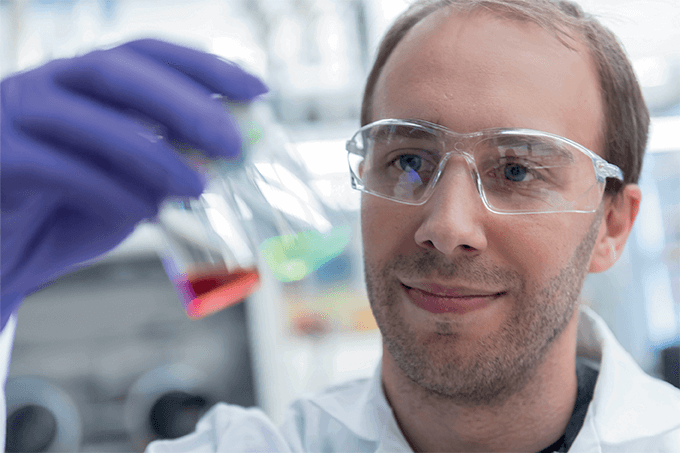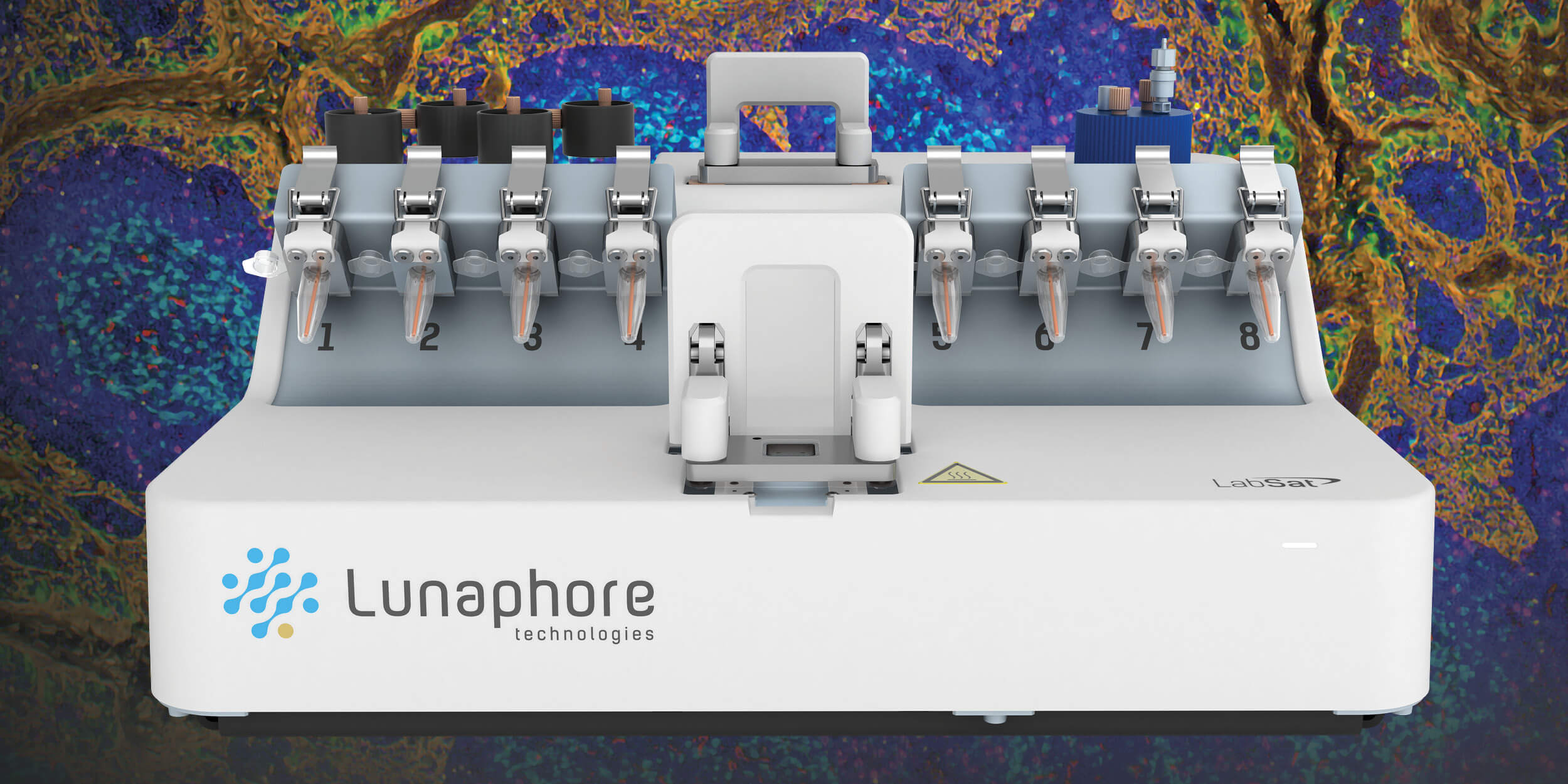Adopting an Orphan (Drug)
The search for new cancer therapeutics is arduous, but new treatments may be lying right under our noses – if we are willing to take a commercial risk.
The Anticancer Fund and GlobalCures are two separate organizations, but both are dedicated to developing new treatment options for cancer patients. Independently, we both stumbled onto positive clinical trial results involving repurposed drugs that had apparently gone completely unnoticed – and that seemed shocking. After performing due diligence, we realized that the common theme behind these neglected potential therapies was the lack of financial incentive – the treatments had been dubbed “financial orphans” because they did not offer commercial opportunities and return on investment.
In some ways, the pharma industry is very active in drug repurposing, but usually only for young, proprietary drugs; tocilizumab, for instance, has been repurposed many times. Often, the drugs that are of greatest interest to repurposing researchers are generics because of their low costs. The potential for return on investment with repurposed generics, however, is constrained as other manufacturers can profit from the positive results generated by investment in new trials and new licenses. In some cases, manufacturers are looking to reformulations as a means to secure IP protection of their repurposing investment, but when it comes to using existing medicines “as-is” for other diseases there is a definite funding gap that needs to be filled.
The Repurposing Drugs in Oncology (ReDO) project is a partnership between the Anticancer Fund and GlobalCures that aims to identify non-cancer medicines that have evidence of potent anti-cancer effects and, therefore, the potential to be developed as new oncology treatments (1). In particular, we focus on financial orphans – and there are many out there with great potential. We have adopted a literature-based approach that maximizes the range of data that we can access; we make use of data from in silico, in vitro, in vivo, case reports and clinical trials. To date, we have identified over 230 existing medications that have published evidence of anti-cancer activity, over half of which is made up of relevant human data. We have identified high-priority drugs – including propranolol, cimetidine, diclofenac, and clarithromycin – and published review papers summarizing the available evidence, and suggesting appropriate cancer implications in which the drugs could be applicable (2).
One of our most recent papers focused on two malaria medicines, chloroquine and hydroxychloroquine (3). These drugs were interesting because there is a large but scattered corpus of data that we were able to draw on. In addition to extensive pre-clinical data sources, there are also a large number of active clinical trials in a range of cancer types. Mechanistically, it is clear that there are multiple relevant mechanisms of action and that the drugs synergize with existing therapies. As with many of the other ReDO drugs, these can be viewed as multi-targeted agents and have the potential to be rapidly adopted clinically, should efficacy be shown in well-designed clinical trials. The results in glioblastoma and metastatic disease in the brain are especially intriguing given the lack of clinical progress in this area.
As part of our work, we collaborate with clinical groups across the world to develop and support clinical trials using repurposed drugs. We have met many investigators who have kept their enthusiasm about repurposing hidden, knowing it was not the most financially rewarding avenue of research. We believe it is important to raise the profile of drug repurposing as a strategy. Repurposing existing drugs could offer tremendous potential for patients in many disease areas, but we cannot move forward unless we solve challenges around funding and regulation. Drug licensing is a key obstacle. And though ReDO is not interested in licensing per se, we are interested in the cascade of events that follow the granting of a new FDA or EMA licence: updating of national formularies, inclusion in clinical guidelines, reimbursement analyses, and excitement amongst clinicians and patients. The current drug system is still largely geared around commercial players. We need to change this – it is not good enough for positive clinical trials to go no further than a nice journal article or conference presentation. Existing generic drugs can help patients with unmet needs – we just need to ensure they are identified and used.
- ReDO Project. Available at: www.redo-project.org. Last accessed January 9, 2018.
- ReDO Project, “Publications,” (2017). Available at: www.redo-project.org/publications. Last accessed January 9, 2018.
- C Verbaanderd et al., “Repurposing Drugs in Oncology (ReDO) – chloroquine and hydroxychloroquine as anti-cancer agents,” ecancermedicalscience (2017).
Pan Pantziarka is Senior Researcher, and Gauthier Bouche is Medical Director, both from the Anticancer Fund, Belgium.















